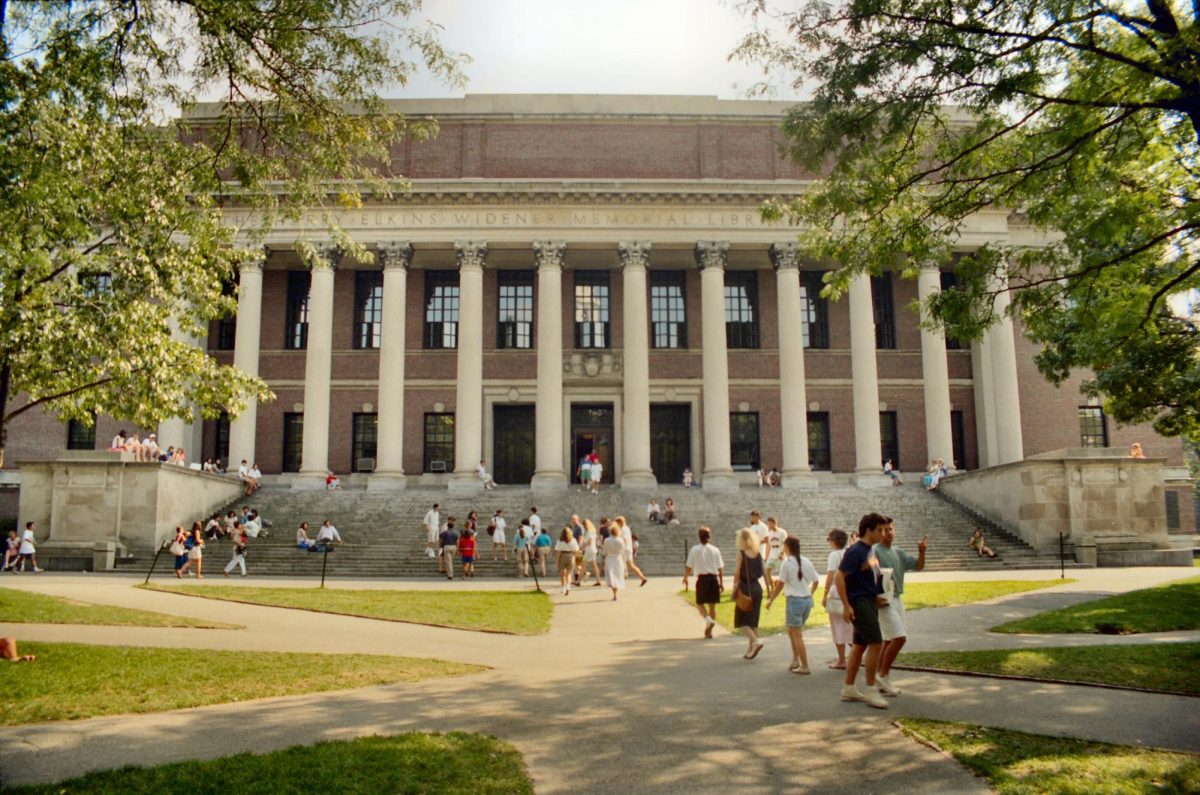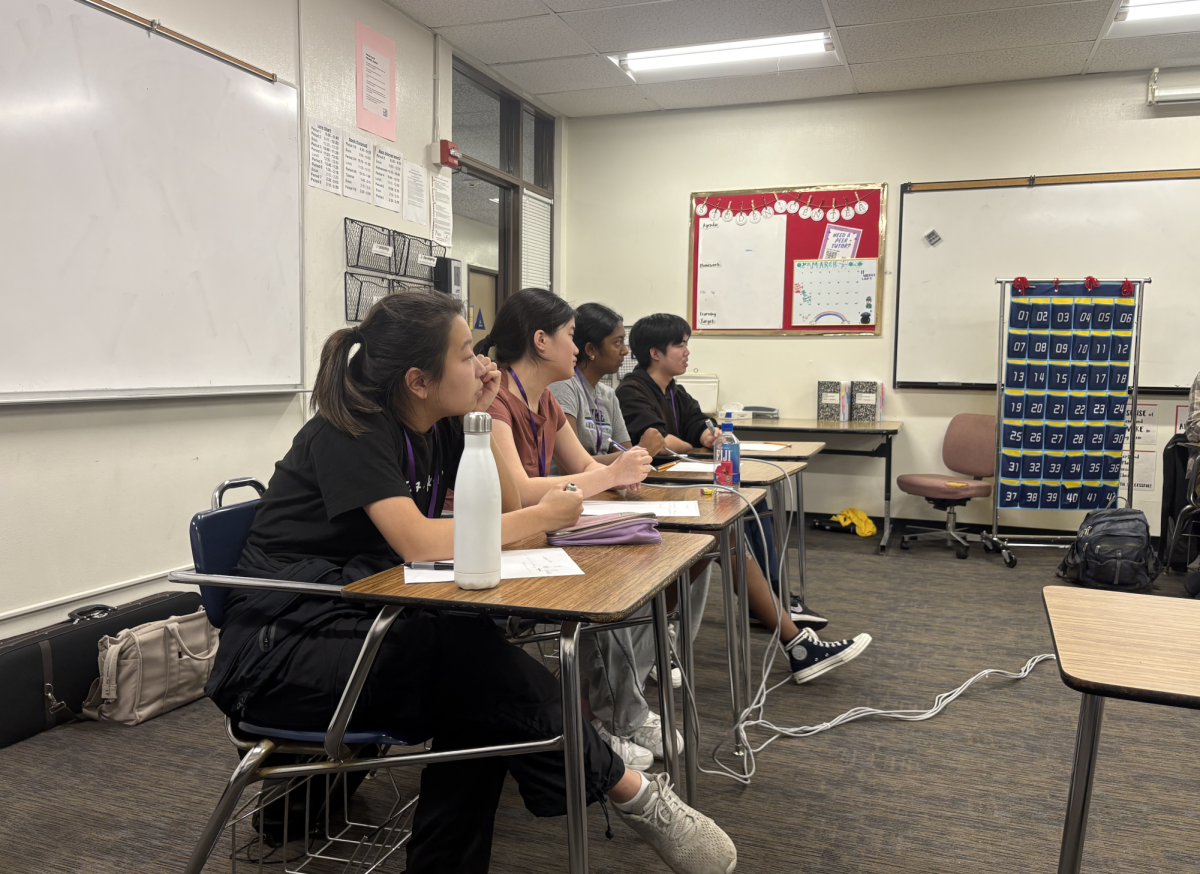Recent trends that have surfaced on the internet regarding AI have suggested a possible change in ideas toward the usage and future of artificial intelligence.
Thousands of videos across various social media platforms have depicted teenagers using various words, such as “clanker,” to describe machines or robots in a derogatory way, usually with the purpose of comedic effect. Despite the initial unserious nature of these videos, the widespread range of this trend shows how younger generations may be gaining consciousness regarding the harms of artificial intelligence and the role it will play in the future.
AI has rapidly begun to replace much of the work humans produce, from tasks as small as writing outlines for school to codes that programmers write. There is worry amongst our generation about potential dream careers that may be fully taken over by AI if this continues. Although falsified information serves as obstacles for AI to overcome, technology has evolved quickly enough that many speculate these problems may be easily resolved in the future.
Our generation has a strong reliance on AI. This dependence, although comforting to know that we can turn to AI for information, may also lead to a decline in our abilities to handle difficulties ourselves. For example, a 2025 survey conducted by Microsoft and Carnegie Mellon University found that workers who heavily trust AI assistants engage in significantly less critical thinking, illustrating how dependence on artificial technology can affect cognitive abilities.
Awareness of AI allows for teenagers to utilize these tools to expand or support their learning in helpful ways such as brainstorming or organizing data. Simultaneously, teenagers are also able to be more cautious with applying AI to their works if they understand that it may contain a lot of falsified information. It should be a goal for our generation nowadays to realize that AI isn’t meant to do our work for us, but to aid us in creating our own unique works. The fact that teenagers on social media are able to recognize flaws within the world of artificial intelligence shows that younger generations may potentially become opposed to using these technologies in a way that would be harmful for their learning.





